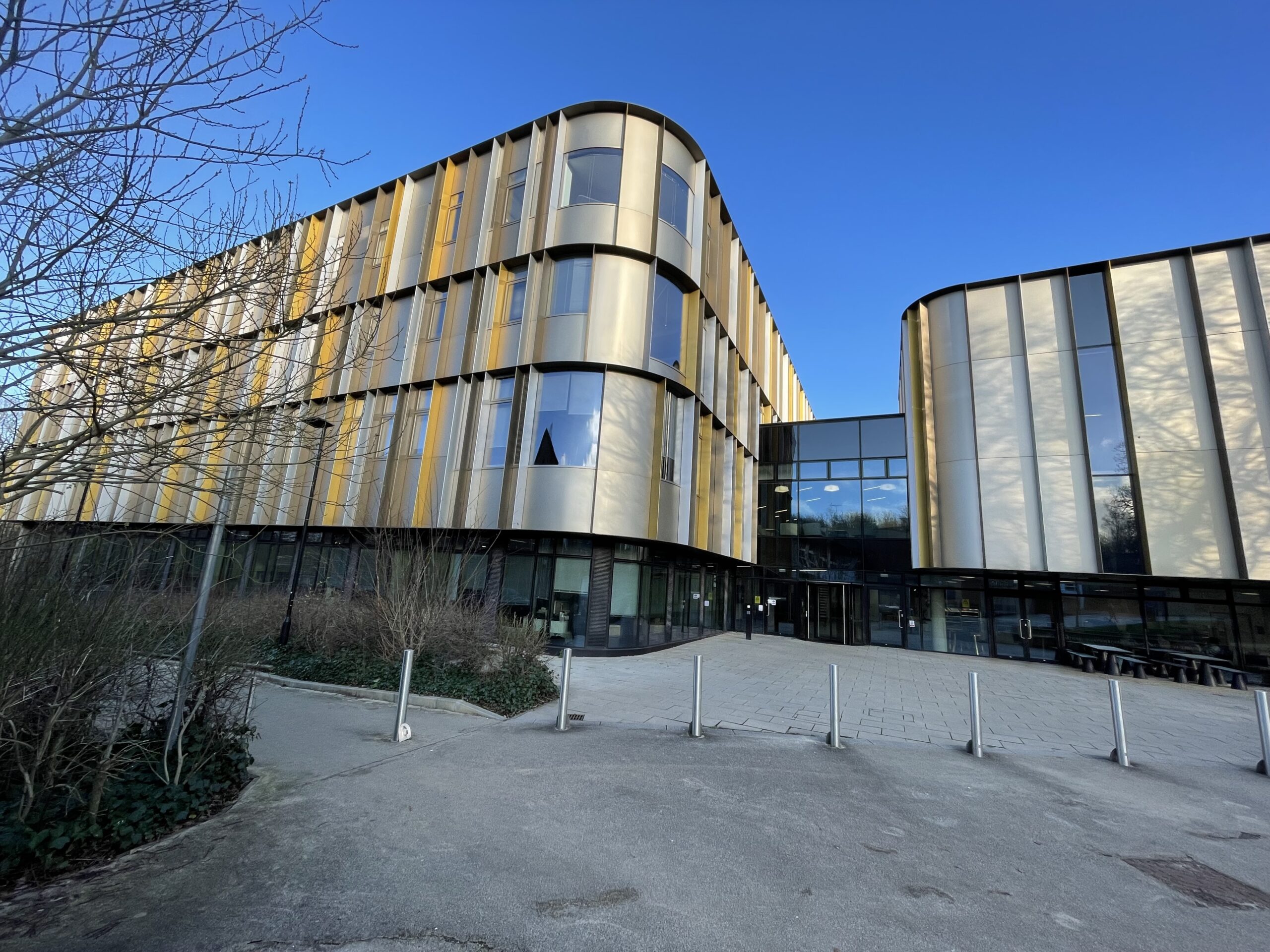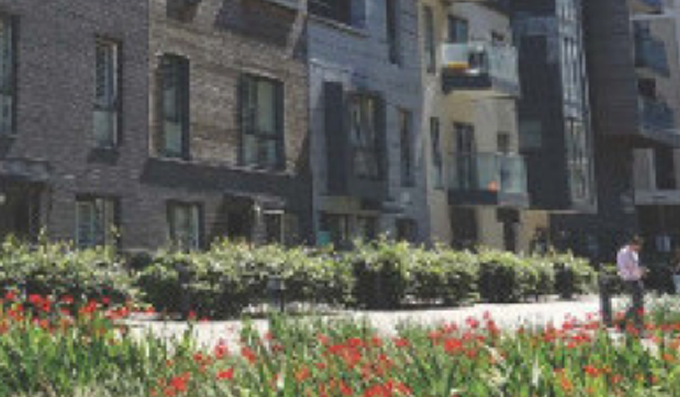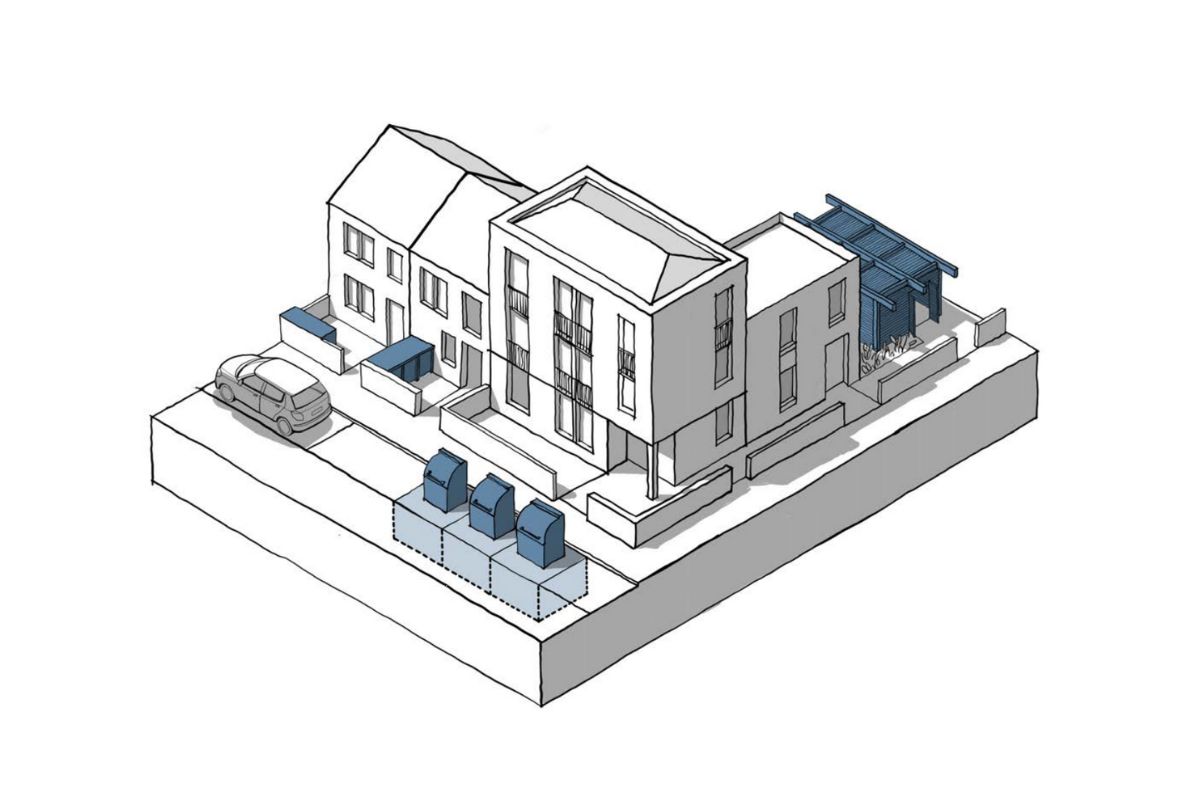As we adapted to lockdown and revised our working practices, Design South East Director, Chris Lamb, chaired an online Roundtable with key partners of the Kent Design membership.
With the Covid-19 crisis impacting business as usual models for all, including design, planning and development, we discussed the sector’s response to lockdown and the longer-term implications. Considering redeployment of planning departments; the closure of construction; and the design requirements of the home as a workspace, we debated the impact of the crisis and the opportunities for the sector in the recovery period.
Outlined below are the key takeaways; we look forward to revisiting these topics at the follow-up Roundtable in the Autumn.
Roundtable: Business as usual? (Online – 30 April 2020)
Key takeaways; the impact and opportunities
Social interaction remains vital, but how we travel and how we interact with each other will change
- How we think about, plan for and design places will change. We are thinking differently now about public spaces; how we travel (with a revival of walking and cycling), green spaces and access to local shops, and this has implications for urban design and infrastructure. Two schools of thought are emerging about the car: Firstly; this could be a time of decreasing car usage as this current car-free time allows us to experience cycling and walking more safely, which should encourage us to reflect on how we want to live post-Covid-19. Secondly, the opposite could be true. The health agenda may have championed sustainable travel, but if public transport is not so healthy now so will people favour car ownership? Perhaps we will see a more considered approach, with the mode selected to suit the journey and if so we will need to design for an increase in walking and cycling, but factor in continued and possible increased car usage. Whilst the car might appear a safe haven – a germ free bubble – we must remember it is not safe, and not sustainable.
This does not need to be the end of the high street
- Town centres and high streets had begun to be revived by restaurants, pubs and leisure taking the place of retail, but we won’t see a return to this in the same way. As businesses find they no longer need staff in the office 5 days a week post-lockdown, people will work more remotely, but not necessarily from home 5 days a week. Is there an opportunity for town centres and high streets to provide safe shared workspaces? In addition, small local high street shops are thriving as people rediscover the pleasure of shopping locally.
The home will change internally and externally, becoming more flexible and open
- The design of the home will change to accommodate the new ways of living and working, but this has to be supported by updated space standards for new homes. Having our own green space is becoming increasingly important, as is social interaction, and this should be reflected in design; front gardens and garden gates allow social but safe interaction, as opposed to the germ-free back garden bubble. This leads us to question how we can harness data about how people are living so we can design for this.
The workplace will change, impacting more than just the office
- There will be a transformation of how we work and the provision of office space. Neither the public nor private sectors will go back to how they worked pre-Covid, and there will be a role for Local Authorites in facilitating flexible work-spaces. There will also be a lower number of people working on site, and this could expedite the use of modern methods of construction. Could prefabrication speed production given needs for social distancing?
Public engagement will become more inclusive and will move from information to interaction
- Different methods of digital public engagement are being explored, with the biggest challenge not how to broadcast information online but how to interact with communities. Older generations have become more difficult to engage but a stronger voice is emerging from a younger demographic, presenting an opportunity to change the dynamic around engaging the community about the future of their places. Targeted ads on social media are useful for consultation, and the screening of presentations via Facebook Live reaches a wider audience, but web-based engagement also invites unsolicited comments from outside the community.
There is a great opportunity for planning, but one legacy of Covid-19 will be reduced funding for Local Authorities
- Planning in Kent & Medway is working well; departments are busy, applications are continuing, and the first online planning committees have been successful. With changes in how people shop, travel and live, this is an opportunity to think creatively about the future of existing settlements; to re-engage people and re-energise places. It also has huge implications for how the county thinks about the locations of the many planned new settlements and their scale, densities and design. Could we see a preference for rural living? And to what extent will this determine where homes go? We know that density around transport hubs is more sustainable, but that means public transport. The current crisis will have a substantial long-term impact on Local Authority budgets, meaning that councils will have to be driven and resourceful.
This is the time to question everything and for a national conversation about how we will live
- How we live, work, shop, interact is changing. Our networks are becoming more local; more community focused. Our need for social interaction will affect how we plan communities and support networks in the future. Normal office life will not resume; we’ll see increased homeworking, increased cycling, increased use of local shops. Covid-19 has started a national (global!) conversation but sustainable change has to be Government-led.
Participants
Adam Tillion, Barratt Homes / Alison Salter, Sevenoaks District Council / Andrew Wilford, Esquire Developments Ltd / Annalie Riches, Mikhail Riches / Chris Bath, BPTW Partnership / Chris Lamb, Design South East / Dave Harris, Medway Council / David Smith, Kent County Council / James Galpin, HMY / Katja Stille, Tibbalds / Laura Lewis-Davies, Design South East / Mark Pullin, Ebbsfleet Development Corporation / Rob Jarman, Maidstone Borough Council
Further reading
Quality of Life Foundation: What we do: https://www.qolf.org/what-we-do
Quality of life at home research: https://medium.com/quality-of-life-foundation
To find out more about joining the Kent Design membership, and the different membership levels available, contact Chris Lamb or Laura Lewis-Davies, or alternatively visit the Kent Design website.





